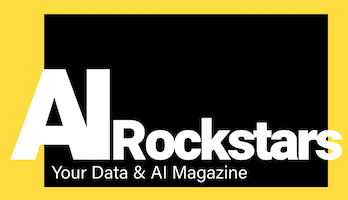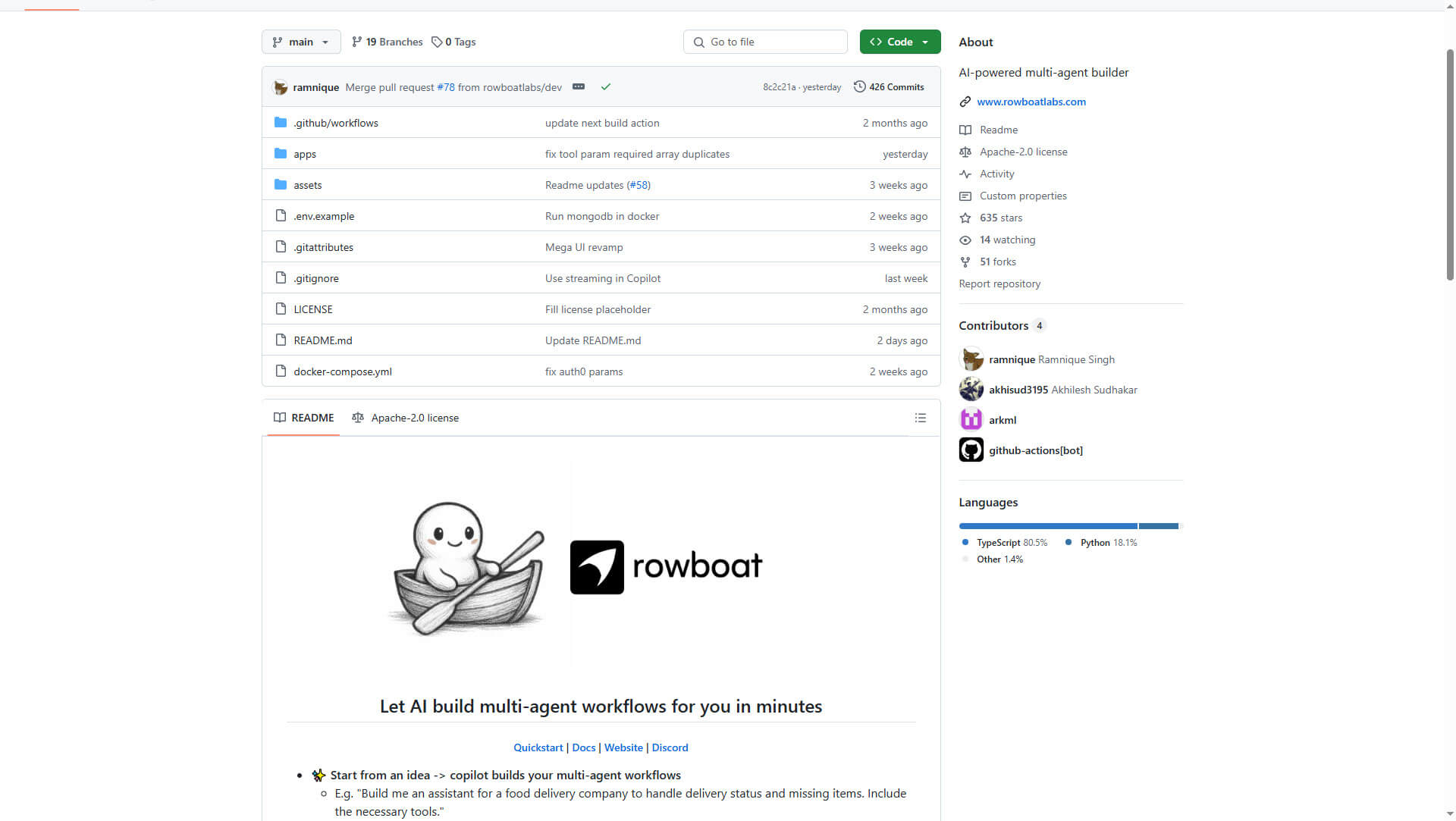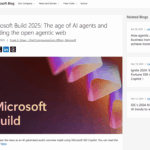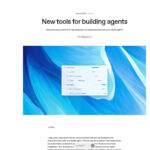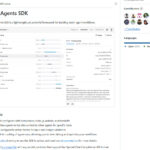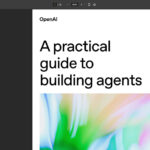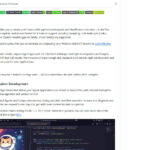RowBoat is establishing itself as a groundbreaking open source tool for the development of AI-driven multi-agent systems and is setting new standards in automated process design.
The artificial intelligence landscape is evolving rapidly, with multi-agent systems becoming increasingly important. RowBoat positions itself in this dynamic environment as an innovative platform that enables developers and companies to create complex AI workflows with minimal programming. Based on OpenAI’s Agents SDK, RowBoat offers a low-code environment in which users only need to describe their requirements, while the integrated co-pilot system automatically generates suitable agents and tools.
RowBoat’s core concept is based on the orchestration of specialized AI agents, each optimized for specific tasks and working together seamlessly. This modular architecture enables companies to develop scalable and maintainable AI solutions that can be easily integrated into existing systems.
Technical foundations and differentiation
Compared to other multi-agent frameworks such as crewAI, RowBoat is characterized by its MCP (message channel payload) integration, which enables seamless connectivity to external tools and data sources. This is particularly valuable for enterprise applications where interaction with existing systems such as CRMs, ERPs or databases is essential.
The platform uses Docker containers for easy deployment and offers both a Python SDK and an HTTP API for flexible integration options. RowBoat Studio, the visual development environment, enables the design, testing and deployment of agent workflows in a user-friendly interface, significantly lowering the barrier to entry for teams without extensive AI expertise.
Use cases and industry relevance
RowBoat shows its full potential in customer service in particular. Traditional chatbots quickly reach their limits with complex inquiries, whereas RowBoat’s multi-agent approach offers differentiated solutions: One agent identifies the customer, a second recognizes the intention, other specialized agents handle specific tasks such as refunds or technical problems – all within a coherent conversation.
The most important facts about RowBoat
- Architecture: Based on OpenAI’s Agents SDK with Docker containerization and MCP tool integration
- Development approach: Low-code IDE with AI-driven copilot for automated agent creation
- Differentiator: Visual workflow design and seamless integration into existing enterprise systems
- Primary use cases: Customer service automation, enterprise workflows, data processing
- Challenges: Measures against hallucinations and robust governance structures are required
- Future outlook: Convergence with unified application platforms and specialized industry agents
RowBoat marks a significant advance in the development of enterprise AI systems and highlights the trend towards modular, specialized and collaborative agents as the future of business process automation.
Source: GitHub
